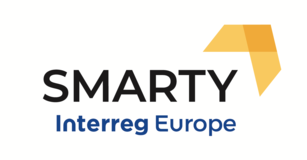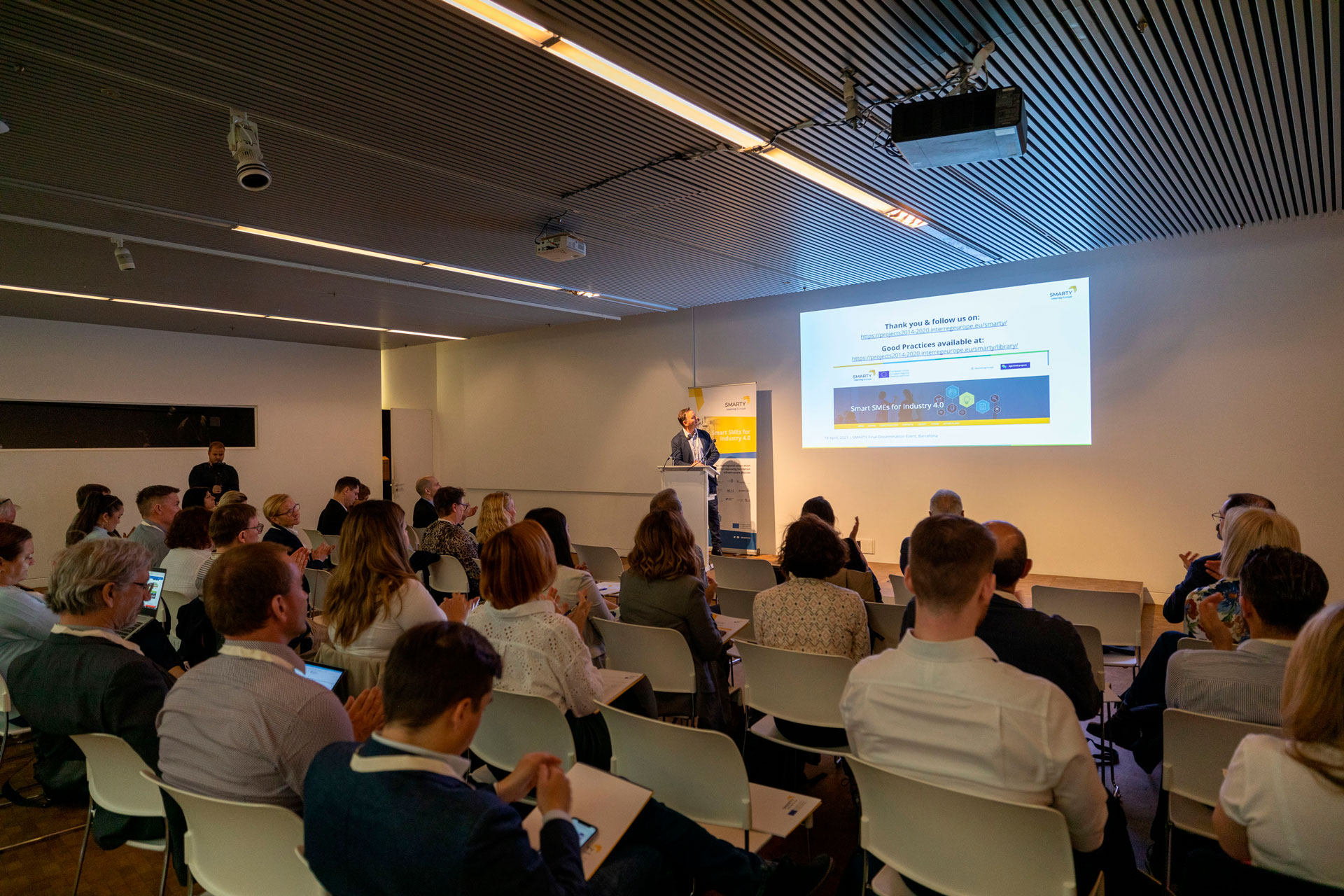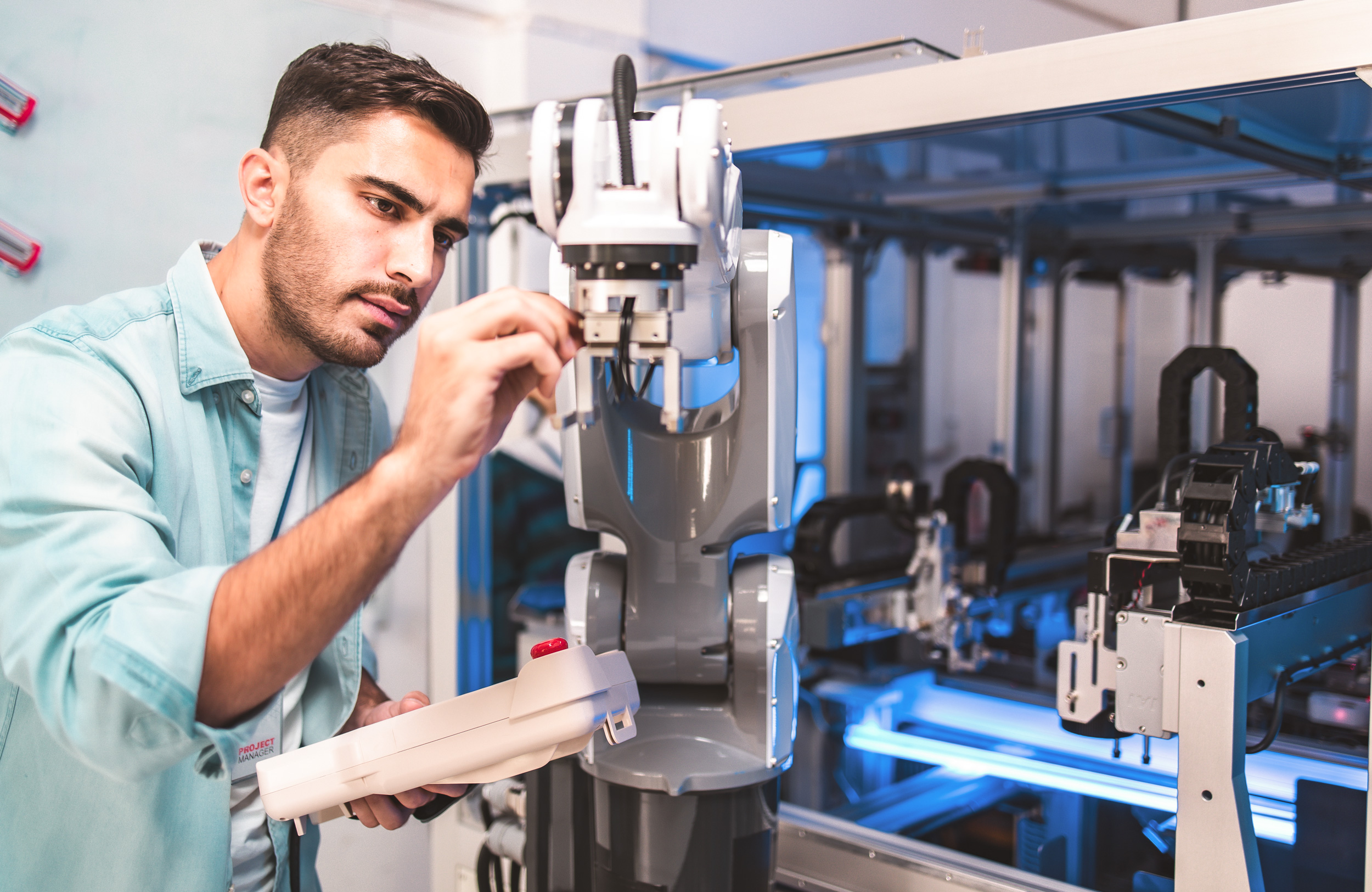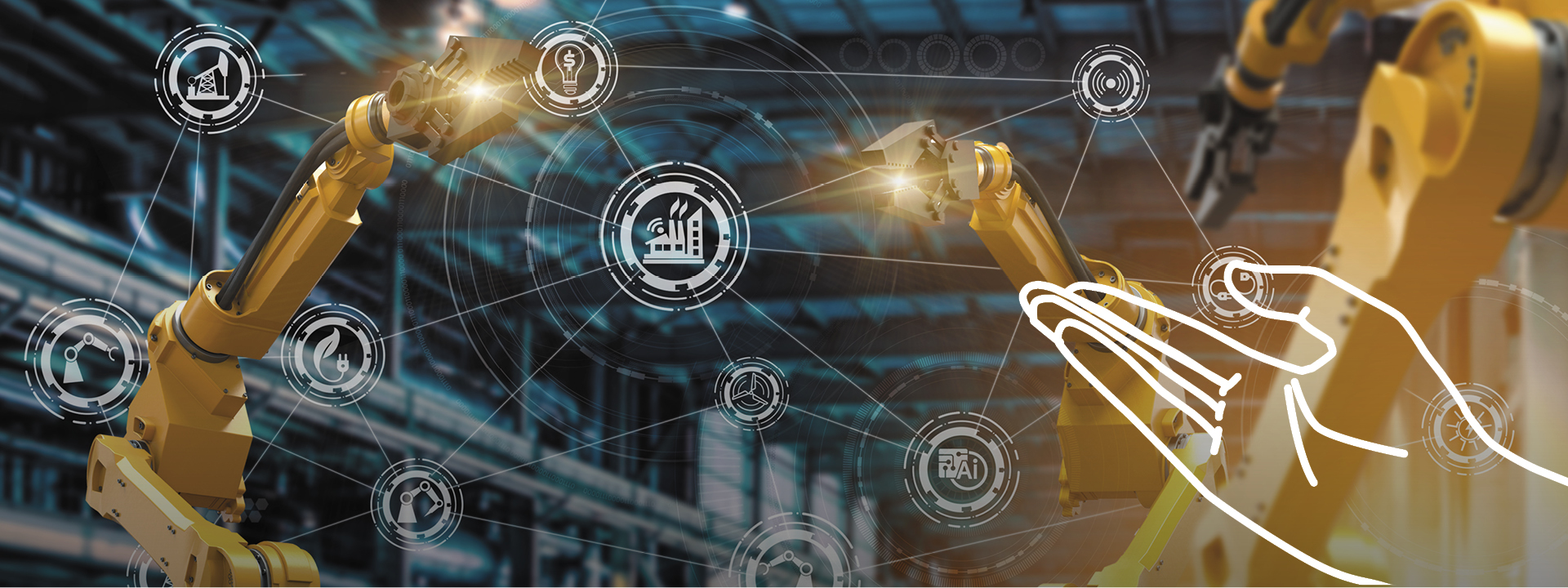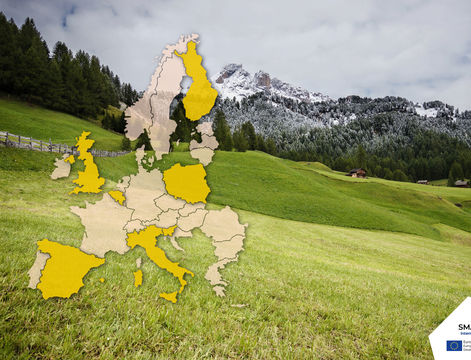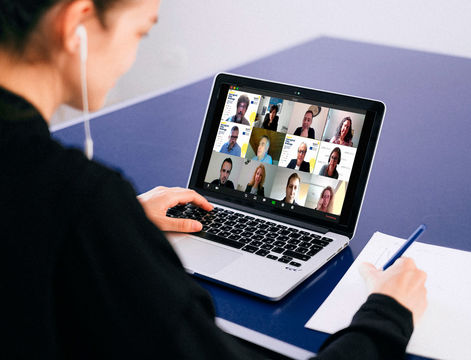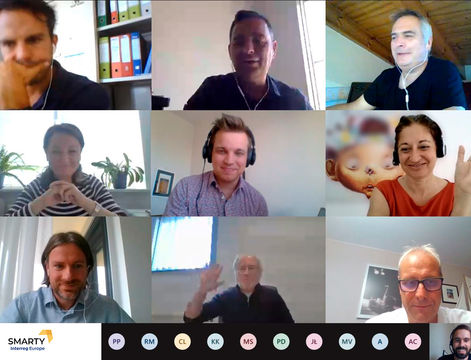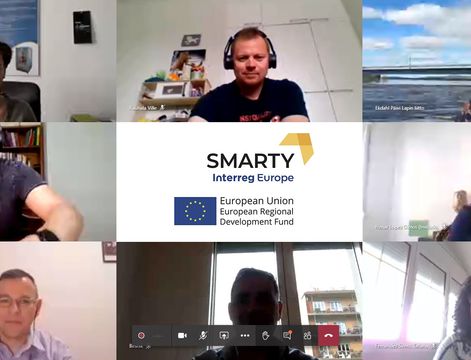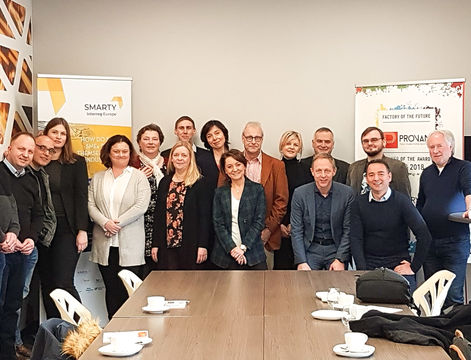The first SMARTY Interregional Policy Brokerage event was attended virtually by over 60 participants
The partners of the Interreg Europe project SMARTY met virtually on 4-5 June with stakeholders from seven European regions to exchange experiences on supporting Small and Medium Sized Enterprises (SMEs) in their awareness and adoption of Industry 4.0 solutions. This first Interregional Policy Brokerage, hosted by the Regional Council of Lapland, was initially planned as a face-to-face meeting in Rovaniemi (Finland) but turned into an online meeting due to the COVID-19 pandemic. Despite the change in format, the event resulted in a successful exchange of experience between more than 60 participants including SMARTY partners, managing authorities and stakeholders from the participating regions—Tuscany (Italy), Flanders (Belgium), Lapland (Finland), Mazovia (Poland), Slovenia, Castilla y León (Spain), Catalonia (Spain), Leeds City Region (UK)—and other European territories.
The event was organized around two brokerage roundtables, providing an opportunity for participants to learn about the good practices identified by the SMARTY partners based on their relevance and transferability. On 4 June, five proven initiatives to help SMEs to adopt Industry 4.0 related technologies and increase their competitiveness were presented:
- Access Innovation, Alex Clarke, Economic Policy, Leeds City Region Enterprise Partnership (Leeds, UK)
- Industry 4.0 Audit, Professor, Mauro Lombardi, University of Florence (Prato, Italy)
- Center@Tech Program, Victoria Molpeceres, Head of the Innovation Projects Unit, ICE Castilla Y Leon (Spain)
- Factory of the Future and Made Different initiative, Paul Peeters, Senior Expert Advanced Manufacturing at Agoria (Flanders, Belgium)
- Industry 4.0 vouchers, driving the digital transformation in SMEs, Carles Miranda, Industry 4.0 Coordinator, Catalan Agency for Business Competitiveness (ACCIÓ) (Catalonia, Spain)
The presentations were followed by in-depth discussion to identify the kinds of policy instruments co-financed by the European Regional Development Fund (ERDF) that are more effective in supporting SME’s adoption of Industry 4.0 solutions. The debate also addressed the biggest challenges for SMEs and covered other key topics such as collaborative innovation and capitalization of innovative projects.
The first day of the Interregional Policy Brokerage concluded with a case study on the development and use of the Industry 4.0 in Lapland’s refining industry, presented by Ville Rauhala, Antti Niemelä and Pertti Rauhala, from the Lapland University of Applied Sciences.
On 5 June, the second brokerage roundtable focused on the role of clusters as drivers of regional innovation and their ability to increase the collaboration in the Industry 4.0 ecosystems at a regional, national and European level. The following good practices were presented in this session:
- Industry 4.0 Alliances, Jordi Daura, IOT Catalan Alliance (Catalonia, Spain)
- Platform for the Industry of the Future, Katarzyna Nosalska, Member of the Board, Platform for the Industry of the Future (Poland)
- GOSTOP Program, PhD. Igor Kovač (Slovenia)
The participants exchanged views on their experience and expectations regarding instruments aimed at promoting Industry 4.0 clusters, ecosystems and alliances.
“No SME, enterprise or innovation agent can work alone: we have to leverage collaboration, networks and alliances,” said Paolo Guarnieri from the Municipality of Prato, lead partner of SMARTY. “The different instruments that we have reviewed during these two days reflect the different facets that we have to tackle in order to bring innovation not only to the SMEs, but to the entire system in our regions.”
The next milestone for the SMARTY project is the second Interregional Thematic Seminar, to be hosted by ŁUKASIEWICZ - Institute for Sustainable Technologies (Poland) on 8-9 September, 2020.
